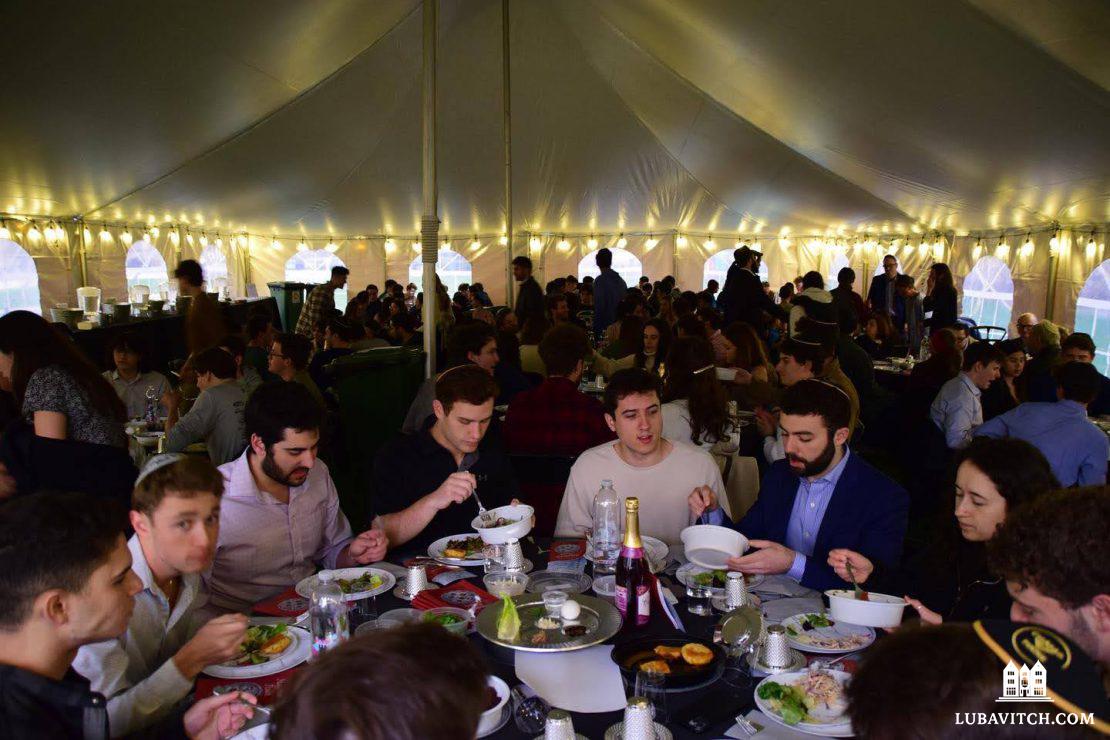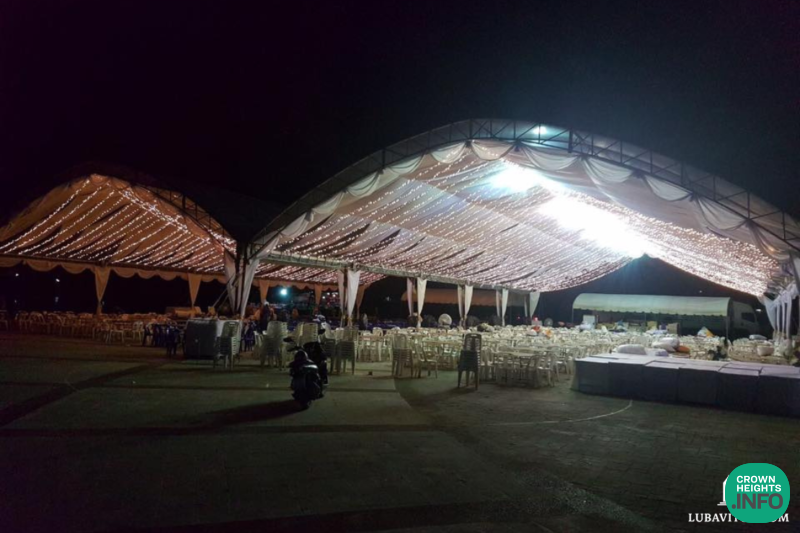
Preparing for Passover Under Fire
by Tzemach Feller – Lubavitch
Chabad Lubavitch Bariloche, led by Rabbi Boaz and Shifrah Klein, is the southernmost Chabad center in the Americas. Each Passover, they welcome some 1,000 Israeli backpackers and other tourists to giant public Seders, featuring Israeli matzah paired with locally-sourced kosher wine and, of course, glatt kosher Argentine beef — “the best in the world,” Rabbi Klein says.
This year, they’ll be lucky if the number of guests exceeds 200.
In January and February, as units were rotated out of Gaza, many soldiers headed to backpacking spots across South America and Southeast Asia. “Many people came directly from Gaza to Bariloche, to our Chabad House,” said Klein. “They were looking for the farthest place to escape, to start breathing again.”
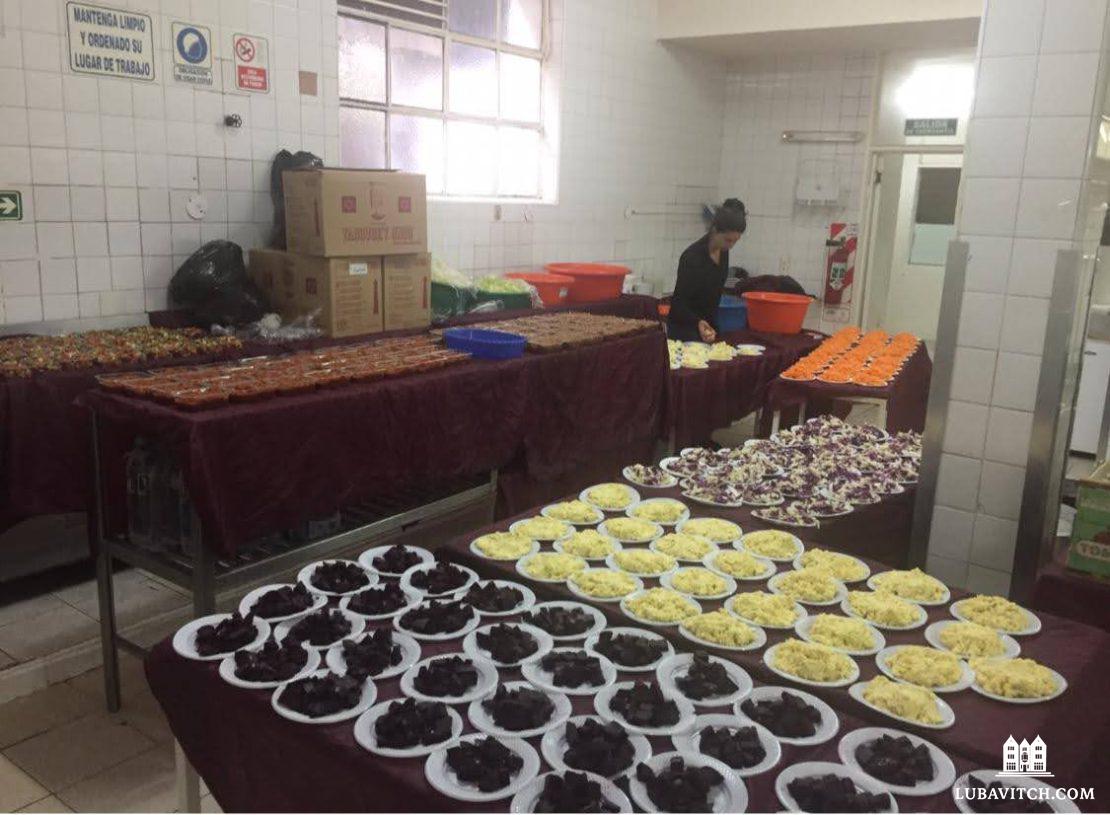
But as the IDF prepares to ramp up operations once more, many of the backpackers have been called back to duty. “A week ago, I was asking a few backpackers where they’ll be for Passover,” said Klein. “One said Brazil. One said Peru. The third said, ‘I’ll be in Rafah.’”
So the Seder — which is typically held in a large hall, or in a basketball arena if an especially big crowd is expected — will be held at the Chabad House instead.
In Thailand, meanwhile, many of the seemingly carefree backpackers are processing the stress and trauma of the horrors they have seen in recent months. Omer, a 23-year-old who backpacked around Thailand last month is mourning his sister who was killed at the Oct. 7 Nova festival. “He made a point to drop into one of the Chabad Houses every morning to connect and lay tefillin in honor of his sister,” says Rabbi Yosef Chaim Kantor, Chabad representative to Thailand.
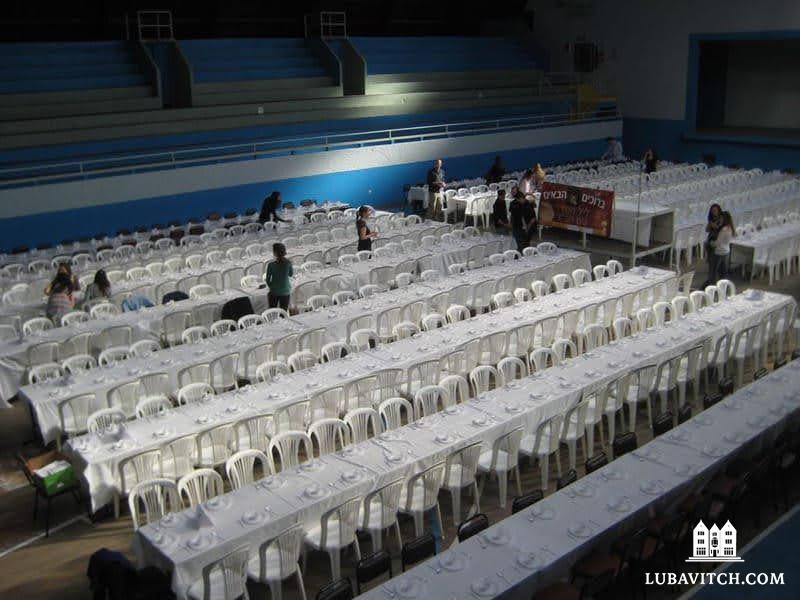
Omer will be joining the Seder at Chabad of Thailand. He will be one of thousands of Israelis attending Chabad seders in Bangkok, Phuket, Koh Samui, Chiang Mai, Koh Phangan, Pai and neighboring Laos. For the many like Omer, who, says Kantor, “is processing recent traumatic months, feels lonely, far from family and home,” Chabad provides a “warm welcome, a familiar Seder table, and a chance to reconnect with his people and heritage.”
Back home in Israel, Passover preparations are taking on a very different tone in a country under fire.
Chabad on the Coast is just down the road from Hostage Square in Tel Aviv where families of the hostages meet daily and call for the release of their loved ones. Chabad representatives Rabbi Eli and Sara Naiditich, who cater to Tel-Aviv’s English speaking community, have been fielding calls from individuals for whom this Passover will be a first in Israel.
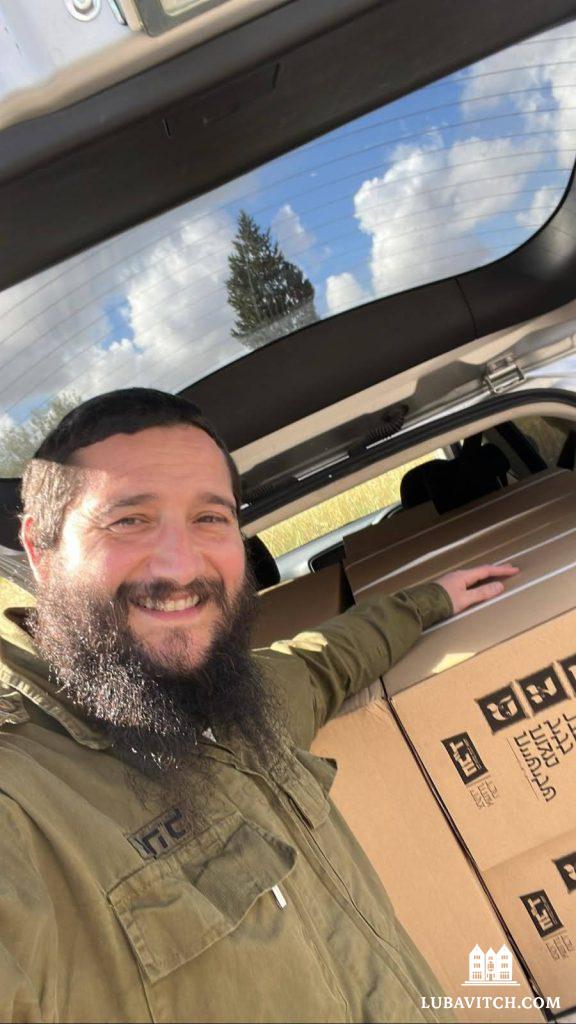
Typically, Chabad on the Coast holds one of Tel Aviv’s largest public Seders. This year, following the barrage of Iranian missiles that targeted Israel, the Naiditiches plan to conduct the Seder in a safe space equipped with a bomb shelter and heavy security, and it will be limited to 200 participants.
With everything that Israel is now enduring, this year it’s going to feel different, says Naiditch. “More of a close-knit, community feel.”. He says that Passover for many in his community this year is, “daunting, because they’re alone. A lot of new olim (immigrants) have moved to Israel during this time and it’s their first Pesach without their families.”
The Chabad on the Coast Seder is one of many hundreds of Chabad-led public Seders that will take place throughout Israel. This year, many of the 100,000 Israeli families still displaced from their homes by the war will join these Seders.
Machne Israel — Chabad-Lubavitch’s humanitarian arm — is preparing to facilitate additional public Seders across Israel to meet their needs, and is providing food, clothing, and other necessities to thousands of families in need. Soldiers are being provided with collapsible kiddush cups and compact Seder kits so that they can observe the mitzvot of the festival wherever they may find themselves when it begins.
“The words of the Haggadah that ‘in every generation they try to destroy us,’ are going to be felt this year,” says Naiditch. But, he adds, there will no doubt be deep gratitude in that ultimately, ‘Hashem saves us from their hands.’”
